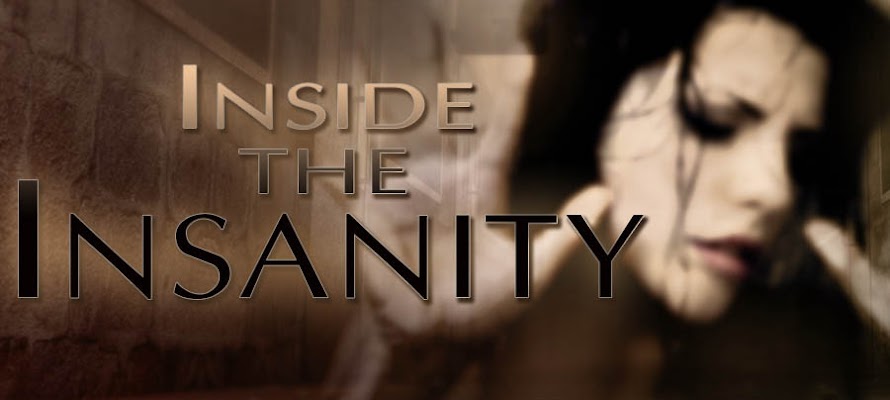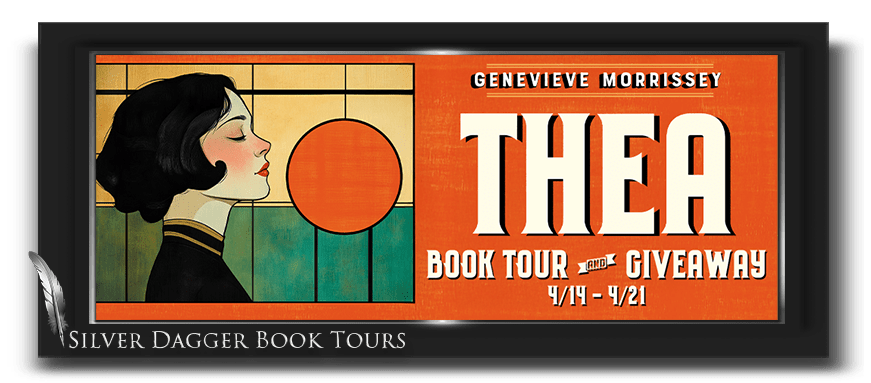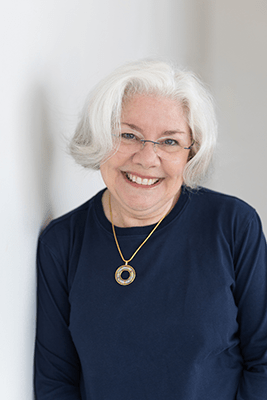Poverty, prejudice, her mother’s addiction...in her quest for
an education, 15-year-old Thea tries to navigate them all. But will a secret
ultimately undermine her efforts?
Thea
by Genevieve Morrissey
Genre: YA Historical Fiction
Oklahoma City, 1925
Fifteen-year-old Thea Carter lives in a small garage apartment—Thea’s seventh
“home” in four years—provided by her alcoholic mother’s employer, the morose
and enigmatic Dr. Hallam.
School is Thea’s refuge and she’s an excellent student, but the parasitic Mrs.
Carter’s instability continually threatens her dream of getting a high school
diploma. In an effort to keep her mother employed and the two of them housed,
Thea secretly takes on much of her mother’s work while at the same time
navigating adolescence, friendships, and first love.
Dr. Hallam, impressed by her drive and intelligence, becomes Thea’s unexpected
ally, but in addition to wealth and position, the doctor also has a secret that
could ruin him, and shatter his bond with Thea.
“Thea is a coming-of-age tale with a lot of heart and
charm. Author Genevieve Morrissey has written a moving story about a young
girl's journey of self-discovery.... Morrissey's
characters truly leap off
the pages..... It's a fantastic coming-of-age story for young adults and even
older readers!”
Thea is the new historical novel by Genevieve
Morrissey, author of the award-winning Marriage & Hanging and the
popular Antlands science fiction series. She is an avid student of
British and American social history who, through one of those strange little
quirks of fate, spends most of her days talking with scientists. In addition to
writing, Genevieve enjoys reading obscure books, travel, and solitude.
Website * Facebook * X * Instagram * Bluesky * Bookbub *
Amazon *
Goodreads
THEA info for Silver Dagger Book Tour
Genevieve Morrissey
April 2025
Stuff About Me:
First—I’m not young. Luckily for me, writing isn’t something that requires youth, quick wits, or agility.
I always wanted to be a writer, and I always wrote, but for many years I wrote only for myself. I was sure any criticism of my work would absolutely crush me. I hardened up a little in my middle years and started letting a few people close to me read my books, but even then, I wasn’t brave enough to submit any work to the judgment of the public until the pandemic came along. Then, quarantined and bored out of my mind, I finally took the leap with Antlands and discovered the public I’d been afraid of was actually almost universally kind.
Beyond that, I was born in the usual way, raised in a conventional nineteen-sixties household in southern California, and educated in public schools. I majored in Classical Studies at the University of California, San Diego, but afterwards forgot all the Latin and Greek I’d learned so quickly I was forced to conclude I’d never really learned them at all. After graduation my interest turned from ancient to more recent history, and particularly to American and (to a lesser extent) British social history. I’ve been immersed in that subject for more than forty years now, which has resulted in my accumulating hundreds and hundreds of books with faded bindings and a strong odor of mildew. At this point I’m pretty mildewed myself, not to mention something of a museum-piece for having been married to the same man for more than half a century. He's a biochemist, which means you may trust that any science in my books has been thoroughly vetted.
Are Your Characters Based on Real People…?
All my characters are real people I know, or composites of several real people. I don’t have a good enough imagination to create a totally original personality.
In the case of THEA, for example, Thea’s mother, Grace, is based largely on my own mother, except that my mother suffered from mental illness rather than alcohol addiction. Like Thea, my mother was a high school student during the 1920s, graduating on the eve of the Depression, and I based Thea’s high school experiences on Mom’s.
Unlike Thea Carter, my mother’s life unfortunately had no Dr. Hallam in it. I was luckier, and THEA was partly written as a tribute to him. Thea herself was based on a contemporary of mine who I admired, and as with all my books (THEA is the sixth I’ve published) minor characters are all amalgams of friends and acquaintances, some of whom recognize themselves and some of whom don’t. My books’ villains are always old enemies of mine, and in the first five drafts, at least, I make them suffer.
What Did You Edit Out…?
As a child, I read all of Charles Dickens’ works.
What I mean by that is that my mother had a lavishly illustrated boxed set of the works of Charles Dickens and in childhood I pored over the pictures, devoured the dialogue, read most paragraphs of six lines or less—and shamelessly skipped all the rest. Later in school, when I was forced to read every word of David Copperfield, I concluded that my earlier choice had been the correct one.
Bad examples can be as useful as good ones. Based on this early research, I try to edit out anything in my books that doesn’t keep the plot marching smartly along, avoid long descriptive passages, and cap the number of characters at fewer than twenty. Deaths and scenes of death-beds are usually limited to one per book (and I try not to make them pathetic).
In early drafts of THEA, Grace Carter had a backstory; Dr. Hallam had a backstory (a long one); Thea herself had more backstory; and in general, all the characters got up to a whole lot more stuff than made it into the final version of the book. In fact, I probably excised an amount equivalent to double what ultimately remained. This is about usual with me, and I believe every cut made the final story better.
Who designed your book covers?
All of my covers except one are the work of Mark Thomas of Coverness. I love them all, and I think the cover of Thea is his best yet.
The cover of The Complete Raffles, Annotated and Illustrated is the work of Sarah Morrissey, and features an image of Raffles painted by J.C. Leyendecker.
Advice I would give new authors?
I find that people are very free about giving advice to writers. The only piece I ever got that I consciously took is this:
First—write a book (or play, or story, or poem, or whatever your thing is).
Second—revise what you wrote. Revise it again. Revise it again. Revise it until you’re sick of looking at it. Revise it some more. Keep revising it until every sentence is as perfect as you can make it.
Third—open the bottom drawer of your desk and drop your manuscript into it.
Fourth—close the drawer. If you feel like slamming it, go ahead.
Fifth—repeat steps one through four until one day when you open the bottom drawer to drop in your manuscript, you find the drawer full. At this point—and not before—you may proceed to step six, which is to attempt to get your latest work published.
I got this advice (I don’t remember from whom) in a time when people still had desk drawers and manuscripts on paper that could be dropped into them, but as that’s usually no longer the case, a contemporary version of this advice might go:
Step one—measure and calculate the volume of an old-fashioned bottom desk drawer. Measure and calculate the volume of a manuscript printed on 81/2 by 11-inch paper. Calculate how many manuscripts of the calculated volume would be required to reach the maximum capacity of said drawer.
Proceed with old steps one through four until the number of virtual manuscripts you have completed is enough to fill the virtual drawer.
Then continue to step five.
If you are math-avoidant, it may serve as a rough estimate for you to know that my desk drawer—actual, not virtual—was filled by Attempted Book Number Eight. Book Number Nine was Antlands, which sold very well, so I think the drawer-filling technique worked very well in my case.
Do you believe in writer’s block?
Yep. With as much conviction as I believe in gravity. Just keep writing.
Pen, typewriter or computer?
I’m so old I’ve written books with all three. I like my computer best because it makes revisions so easy I have no possible excuse to stint on revising.
How long on average does it take you to write a book?
At first, five years. Then three. Then two. To write THEA took only one. As with any skill, practice is everything.








No comments:
Post a Comment